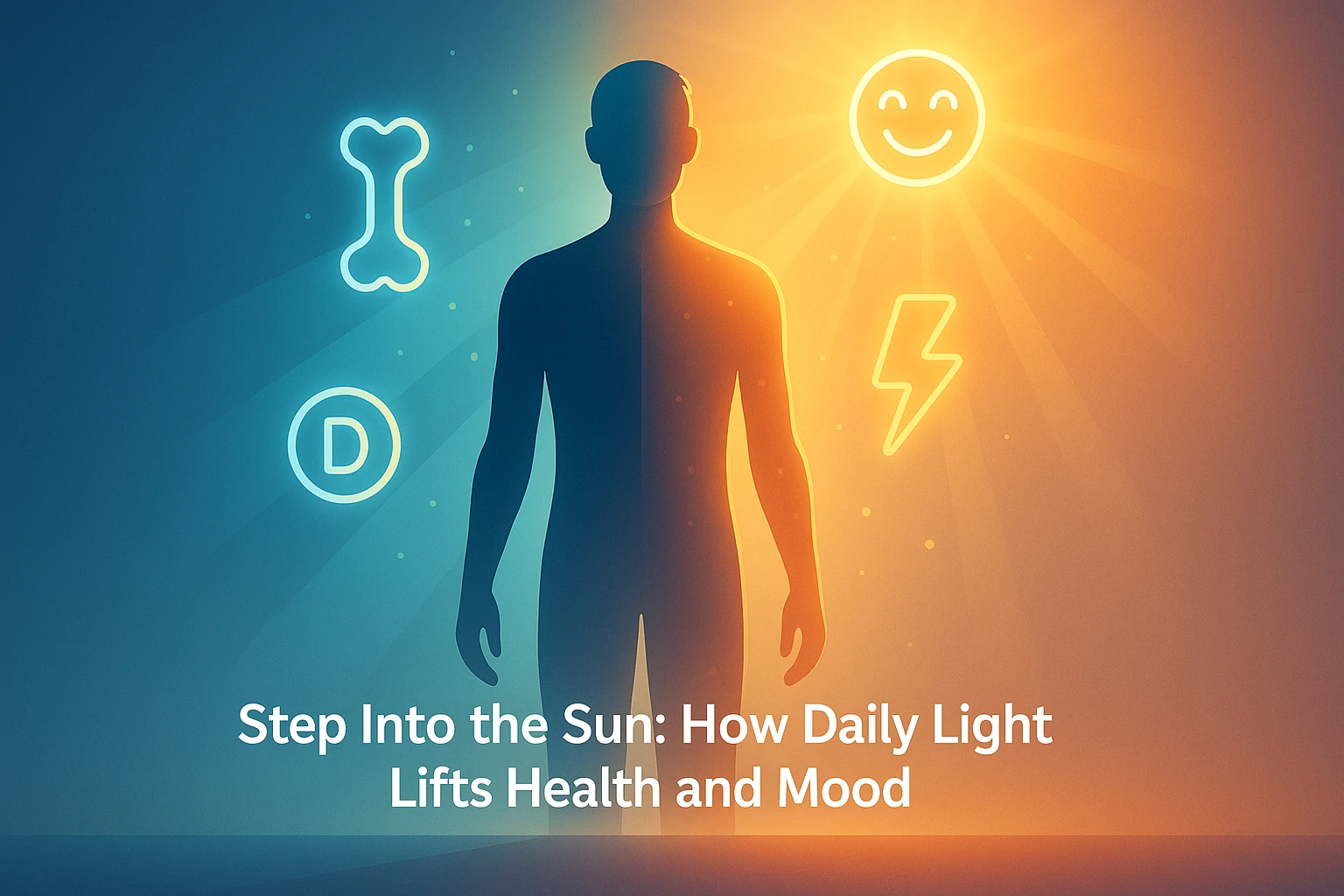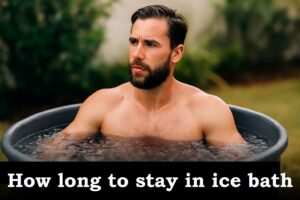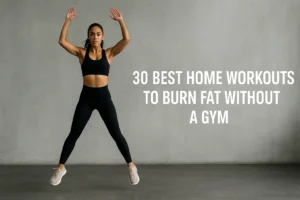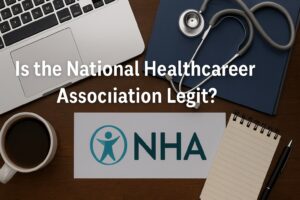Many people spend most of their time indoors. Phones, screens, and work keep us inside. Some even avoid the sun on purpose. They fear skin damage or prefer shade. But the human body needs sunlight. It plays a key role in health.
The term “uvlack” means a lack of UV exposure. It shows what happens when you do not get enough sunlight. UV rays help your body in many ways. Without them, problems can show up over time.
You may feel fine at first. But weeks or months without sun may harm your energy, mood, and bones. Your skin needs protection from too much sun. Still, your body needs some light each day. Balance matters.
This article explains what uvlack means and how it affects health. You will learn how the sun helps the body, what risks come with low exposure, and how to stay safe and healthy.
What Is Uvlack?
Uvlack means you get too little sunlight. It is not a disease but a modern habit. People work indoors, stay in homes, or cover their skin too much. In cold places, this problem grows in winter.
Sunlight has UVB rays. These rays help the skin make vitamin D. Without sunlight, the body does not make enough. Food and pills may help, but they often fall short.
The body needs daily light. Even 10 to 20 minutes of safe sun can help. A lack of this light leads to slow, silent health issues.
Why Your Body Needs Sunlight
Sunlight does more than warm the skin. It helps the body in many ways. The best-known effect is vitamin D production. The skin turns UVB rays into this key nutrient.
Vitamin D keeps bones strong. It helps absorb calcium. Without it, bones grow weak. Children may get rickets. Adults may feel bone pain or face fractures.
Sunlight also lifts mood. It may lower stress and improve sleep. Sunlight tells the brain to release serotonin. This chemical helps people feel calm and focused.
The sun also helps with sleep. It resets the body clock. People who miss morning light often sleep poorly.
Signs You May Have Uvlack
The body sends signals when it does not get enough sunlight. These signs may appear slowly. You may not notice them right away. Tiredness during the day is common. Some people feel low or moody without a clear reason. Muscles may feel weak. Bones may ache or lose strength.
Many people also get sick more often. Their immune system grows weak. Colds and flu become more frequent. Sleep may also suffer. Some people cannot fall asleep. Others wake up too early or sleep at the wrong time.
These signs point to a lack of UV exposure. If you spend most of your time indoors, you may have uvlack. It is easy to miss, but the effects can grow. Pay attention to your body. It often speaks before real damage begins.
Health Risks Linked to Uvlack
Uvlack may raise the risk of many problems. Vitamin D levels drop when you avoid the sun. This drop affects more than bones. It may harm heart health, immune strength, and even weight.
Low sunlight links to depression. Some people feel down each winter. This is called seasonal affective disorder (SAD). Sunlight can ease this feeling.
Lack of UV rays may slow brain function. Older adults with low vitamin D may face memory issues.
In kids, the risk is high too. Poor sunlight may hurt bone growth. Some may feel tired or struggle with focus in school.
Why Some People Avoid the Sun
People avoid the sun for many reasons. Some worry about skin cancer. Others fear wrinkles or sunspots. Some cover up due to religion or fashion.
These concerns are real. Too much sun can harm skin. But full sun avoidance brings new risks. Skin can stay safe with smart habits.
Use sunscreen. Wear a hat. Stay in shade during peak hours. Still, find time to get morning or late-day sun. You do not need to tan. You just need exposure.
How to Get Safe Sunlight
Getting sunlight does not mean hours in full sun. Small doses work well. Try to go outside early or late in the day. That light is softer.
Expose arms, legs, or face for 10 to 20 minutes. Darker skin may need more time. The goal is vitamin D without harm.
Cloudy days still offer UV rays. You can still benefit from going outdoors. Open windows do not help. Glass blocks UVB.
If your life keeps you indoors, take short walks during breaks. Use a balcony or yard if you have one. Build sun time into your daily routine.
Best 10 Natural Ways to Care for Your Teeth at Home
Can Supplements Fix Uvlack?
Supplements help. Many people take vitamin D pills. But pills work best with a little sun. The body absorbs vitamin D better that way.
Too much of any supplement can hurt. Ask a doctor before taking high doses. A blood test can check your level. That shows how much you need.
Some foods give vitamin D too. These include fatty fish, egg yolks, and milk with added nutrients. But diet alone may not be enough.
How to Check If You Have Uvlack
Ask a doctor for a vitamin D test. It checks how much is in your blood. A low number means your body may need more sun.
Doctors may ask about daily habits. Do you work indoors? Do you cover your skin outside? These answers help spot uvlack early.
Keep a journal of your sun time. See if you go outside each day. Track your mood and sleep too. These signs may show a light shortage.
Simple Tips to Fix Uvlack
Small daily steps can ease uvlack. Go outside in the morning or late in the day. That light feels soft and gentle. Spend time in open spots like a yard, balcony, or quiet park. A short walk gives your body what it needs.
Choose to walk when the distance is short. Even ten minutes outside helps. Let sunlight enter your home. Pull back the curtains and let each room feel alive.
Talk to your doctor about vitamin D. Use pills only when your body needs them. Eat foods that boost your level. Eggs, salmon, and milk with added nutrients are good picks.
These steps may seem small, but they matter. You do not need long hours in the sun. A little each day keeps your bones, mood, and sleep in better shape.
Conclusion
Uvlack is a quiet issue. It hides in daily life. Too much time indoors may cause low vitamin D, weak bones, low mood, and sleep problems. The sun helps more than people think.
Avoiding the sun out of fear may bring harm. The key is balance. You can protect your skin and still get what your body needs. Smart sun habits help you feel better, sleep well, and think more clearly.
Take time each day to step outside. Your body will thank you.
For added support, check out our guide on expert nutrition and safe diet choices to help your body stay strong when sunlight is low.
Frequently Asked Questions
| Question | Answer |
|---|---|
| What does uvlack mean? | It means the body does not get enough sunlight to stay healthy. |
| How does sunlight help the body? | It helps your skin make vitamin D, which supports bones, mood, and sleep. |
| Can low sunlight cause health problems? | It may lead to weak bones, low mood, poor sleep, and more sickness. |
| How much sunlight do I need daily? | Most people need 10 to 20 minutes of soft sunlight each day. |
| What are signs of uvlack? | Tiredness, low mood, sleep trouble, weak muscles, and more colds may appear. |
| Can food fix low sunlight? | Some foods help, but sunlight gives the body what it needs most. |
| Should I take a vitamin D pill? | A doctor can test your level and suggest if you need a supplement. |
| Can I get sunlight through a window? | Glass blocks UVB rays, so indoor light does not give the same effect. |
| Is it safe to get sunlight every day? | Small amounts in the morning or late day are safe for most people. |
| What time is best for sun exposure? | Early morning or before sunset works best for safe and steady results. |
Disclaimer: This post shares health tips for learning only. It does not replace a doctor’s advice. Always speak to a healthcare provider for personal care.




